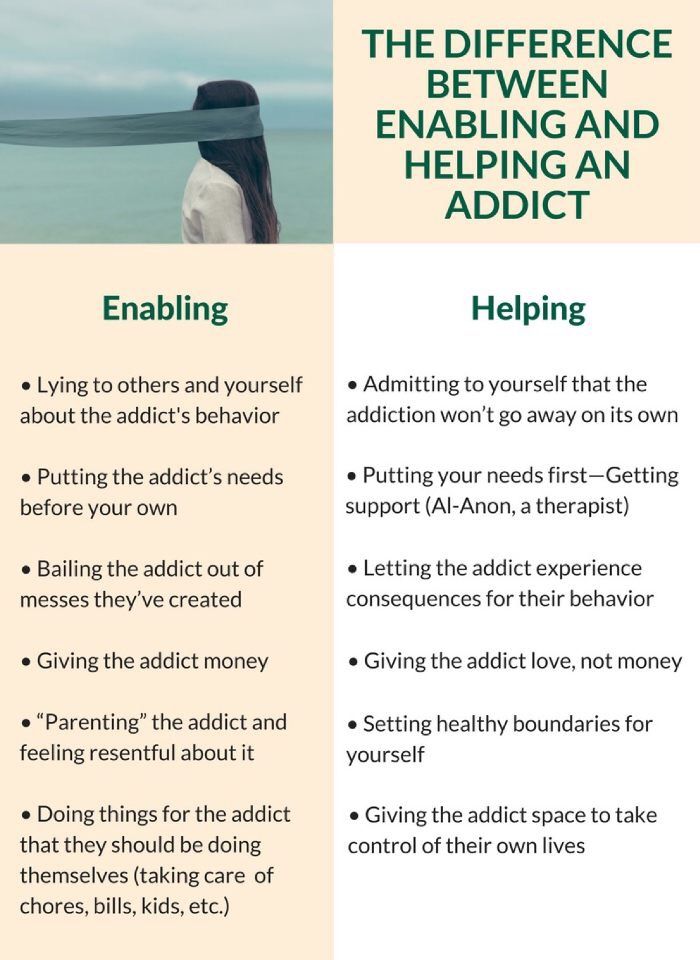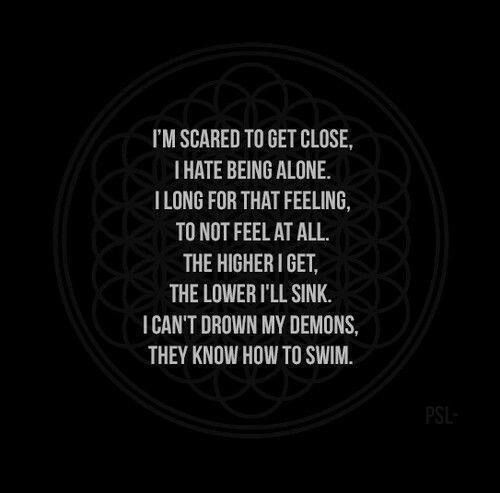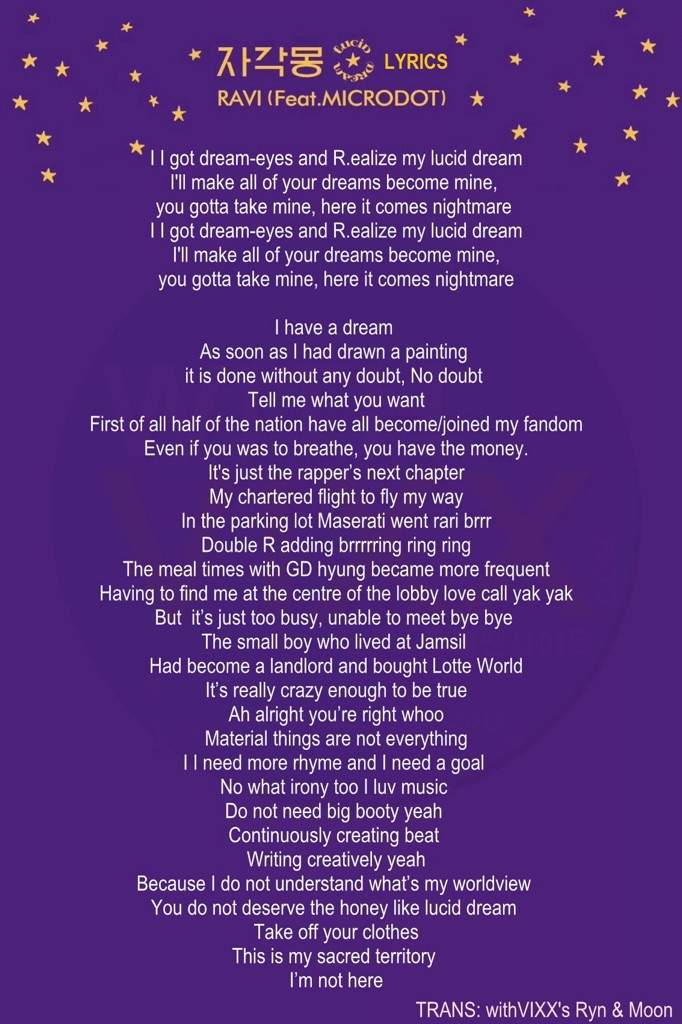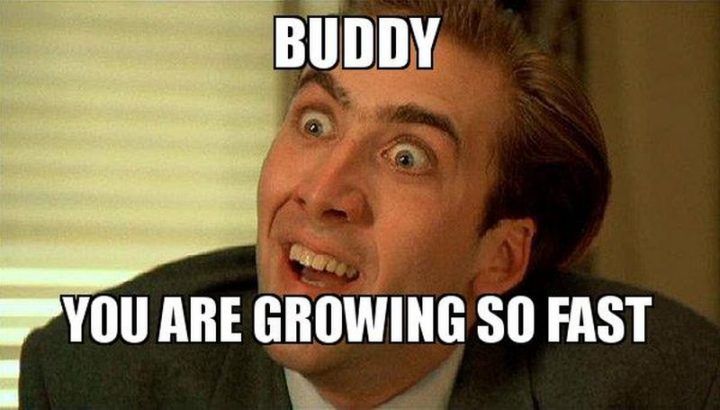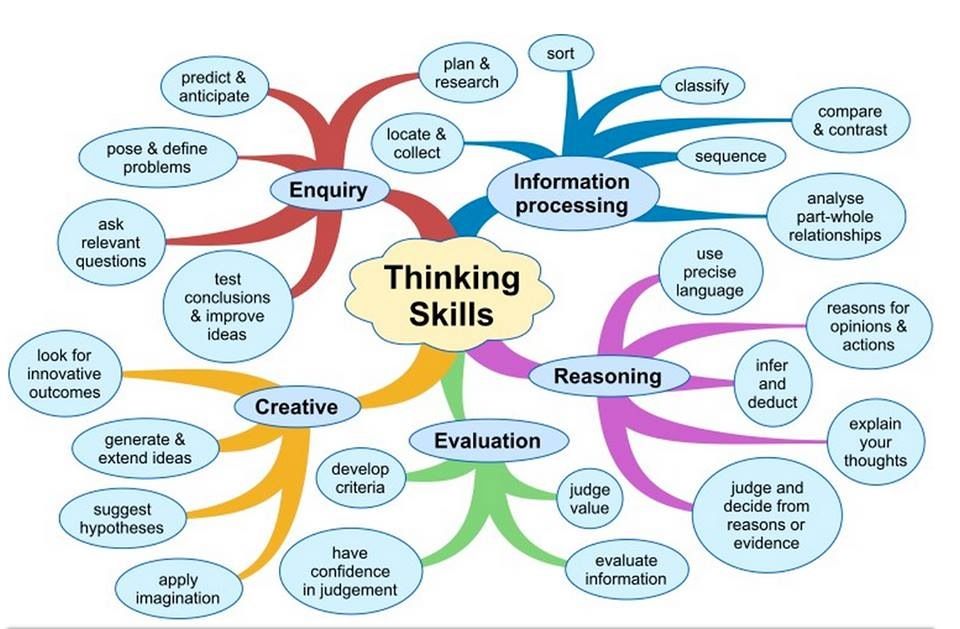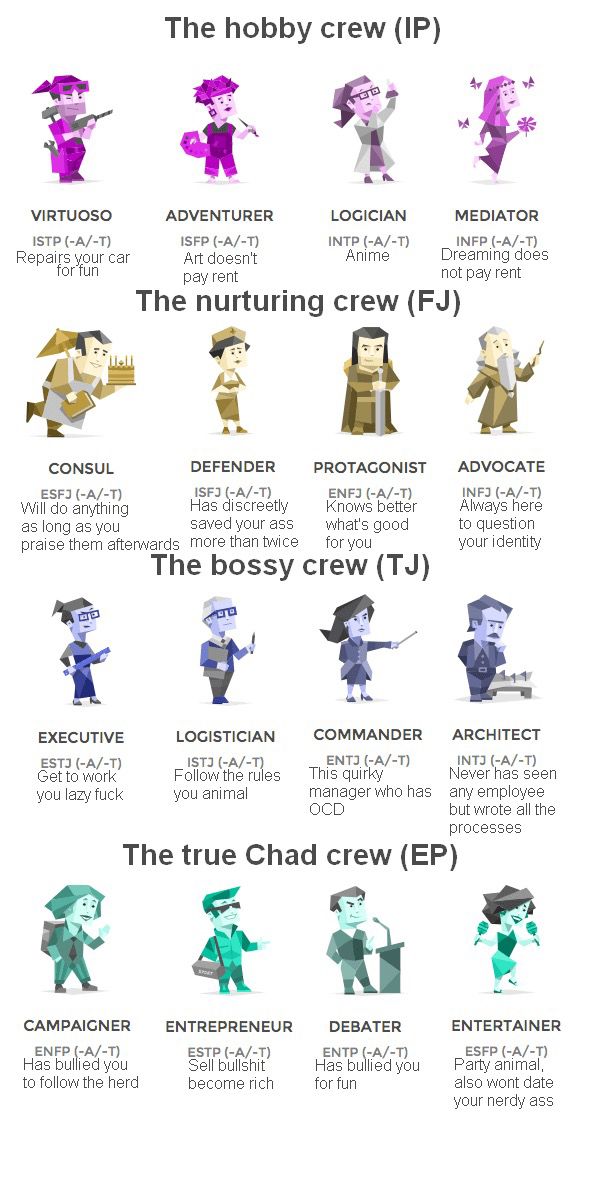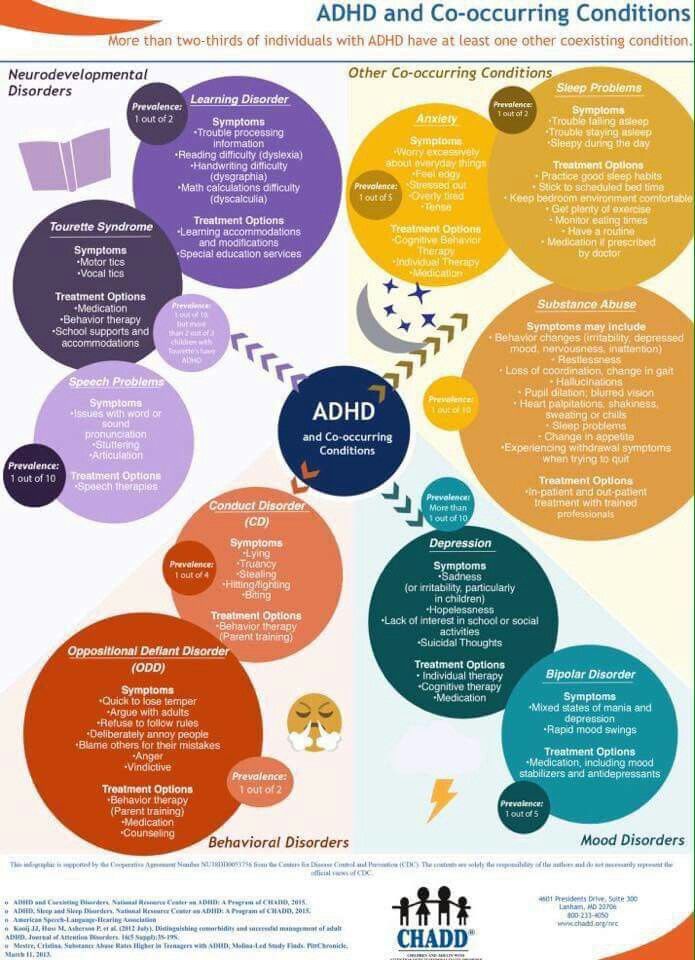The difference between love and addiction
Is It Love Or Addiction?
Bob Livingstone is a Licensed Clinical Social Worker (LCS 11087) in private practice for 22 years in San Francisco, California. He holds a Masters Degree ...Read More
The issue of determining if you are in love or intensely addicted to another is an issue that crosses all ethnic, racial, class and age lines. How love is experienced in a modern world that values materialism more than anything else? It is challenging to define love today. I believe love is mutual self-less giving that is based on a deep trust. The characteristics of addiction are craving of a person, severe mood swings if unable to feel secure in the relationship, inability to function normally, obsession of your partner and severe withdrawal symptoms if your lover leaves you.
So, what is the difference between being in love from being addicted?
The characteristics of being addicted to someone else are:
1. There is full time drama in your life which causes chaos and confusion. Other friends and family members are dragged into your emotional upheaval.
Explore Your Options Today
2. You are always trying to please your partner by giving more of yourself than you should – until you reach the point where you have no self at all.
3. After intense fighting, you are willing to take your partner back no matter how much he or she hurt you. The fight usually involves infidelity, lying, and other forms of cheating, but you take your partner back no matter how many times these offenses were committed.
4. You are afraid to exist without your partner even though you have been very much alone during your time with him/her. You don’t recognize that he/she is bringing you down.
5. Your partner crosses a boundary that should never be allowed. He/she physically assaults you, threatens your life and calls you stupid, the c word and the b word.
6. You feel that it is your job to rescue him/her from the inner hell no matter how abusive he or she is towards you.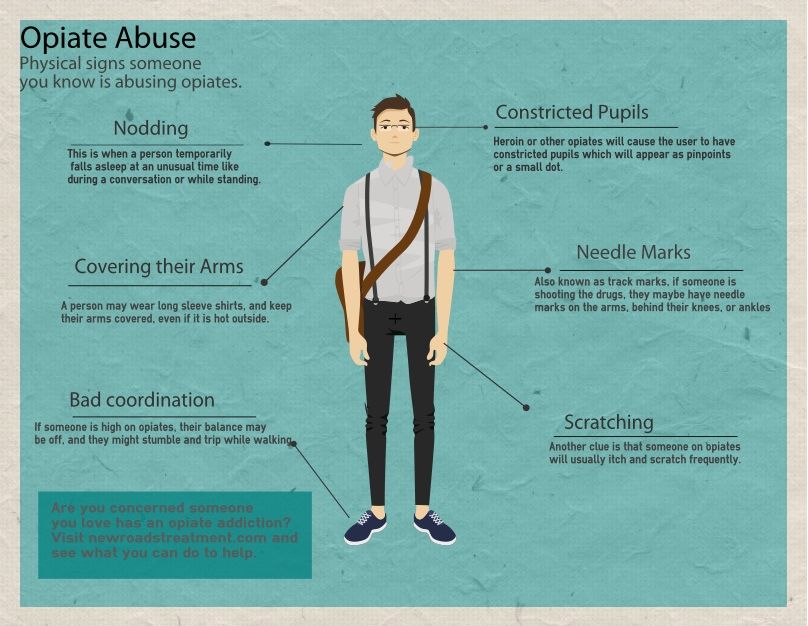
The characteristics of being in love with someone are:
1. There is no fear of bodily harm, emotional abuse or other boundary violations.
2. You know you can trust your partner to do the right thing.
3. There is a distinct absence of drama and chaos.
4. When you have an argument, there is a respectful sharing of feelings.
5. You forgive your partner because you want to, not because you have to.
6. Your partner supports your need to be a strong, independent person and you support your partner’s need to be the same.
You now have the opportunity to choose between being driven by addiction or love in your relationships. For those of you who have been relating to others in an addictive manner, it will take lots of work and full time awareness to alter this course. However, it is possible to change and this will greatly improve the quality of your life.
Keep Reading By Author Bob Livingstone, LCSW
Read In Order Of Posting
Healthy Love vs.
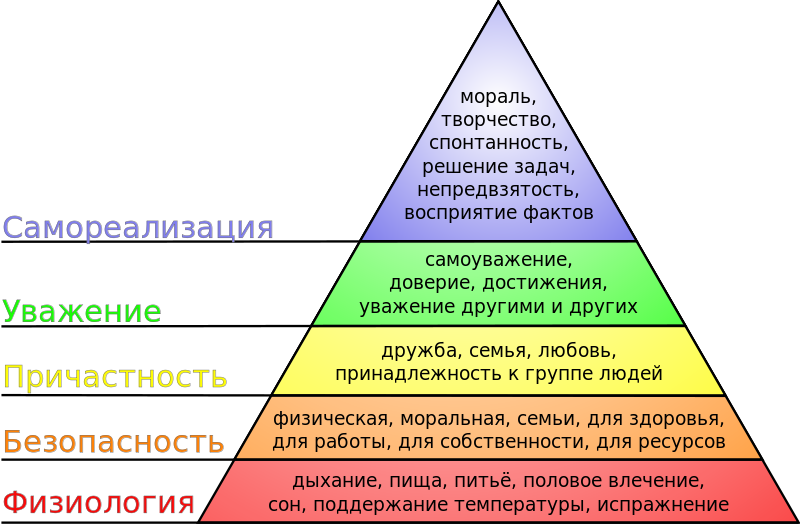 Addiction: 10 Signs of Addictive Love
Addiction: 10 Signs of Addictive LoveSource: Adam Kontor/Pexels
Wonder whether you’re in love or in lust? Whether your obsession about someone is a sign of love or "addiction?" Whether you’re staying in a troubled relationship because you’re addicted or in love?
It’s complicated, and lust and love and addiction don’t always exclude one another. Endless analyzing doesn’t help or change our feelings, because we’re often driven by forces outside our conscious awareness.
Chemistry
Initial attraction stirs up neurotransmitters and hormones that create the excitement of infatuation and a strong desire to be close and sexual with the person. These chemicals and our emotional and psychological make-up can cause us to obfuscate reality and idealize the object of our attraction. Time spent in fantasy fuels our craving to be with him or her. This is normal when it doesn’t take over our lives.
Lust
When it’s purely lust, we’re not too interested in spending time together without sex or the expectation of it. We don’t want to discuss real life problems and may not even want to spend the night. Fantasies are mostly sexual or about the person’s appearance and body, and we aren’t interested in meeting the person’s needs outside the bedroom – or maybe even inside!
We don’t want to discuss real life problems and may not even want to spend the night. Fantasies are mostly sexual or about the person’s appearance and body, and we aren’t interested in meeting the person’s needs outside the bedroom – or maybe even inside!
Sex releases oxytocin, the love chemical that makes us want to nest with our partner. As we get to know our lover, we may want to spend more or less time together, depending on what we learn. At this juncture, our brain chemicals as well as our attachment style and psychological issues can lead us to become attached through a romance or love addiction that feels like love, but is more driven by our need for the chemical rush to avoid feelings of abandonment, depression, and low self-esteem.
Relationship Addiction
Excitement and desire may be heightened by intrigue or our partner’s unpredictability or unavailability. We may remain attached and even crave our partner, but our discomfort or unhappiness grows. Instead of focusing on that, our hunger to be with him or her takes center stage, despite the fact that disturbing facts or character traits arise that are hard to ignore. We may feel controlled or neglected, unsafe or disrespected, or discover that our partner is unreliable, or lies, manipulates, rages, has secrets, or has a major problem, such as drug addiction or serious legal or financial troubles. Nonetheless, we stay and don’t heed our better judgment to leave. Increasingly, we hide our worries and doubts and rely on sex, romance, and fantasy to sustain the relationship. Out of sympathy, we might even be drawn to help and “rescue” our partner and/or try to change him or her back into the ideal we “fell” for. These are signs of addiction.
We may feel controlled or neglected, unsafe or disrespected, or discover that our partner is unreliable, or lies, manipulates, rages, has secrets, or has a major problem, such as drug addiction or serious legal or financial troubles. Nonetheless, we stay and don’t heed our better judgment to leave. Increasingly, we hide our worries and doubts and rely on sex, romance, and fantasy to sustain the relationship. Out of sympathy, we might even be drawn to help and “rescue” our partner and/or try to change him or her back into the ideal we “fell” for. These are signs of addiction.
Love
But lust can also lead to true love as we become attached to and get to know our sexual partner, and lust doesn’t always fade. I’ve seen couples married for decades that enjoy a vibrant sex life. However, true love does require that we recognize our separateness and love our mate for who he or she truly is. There’s always some idealization in a new relationship, but true love endures when that fades.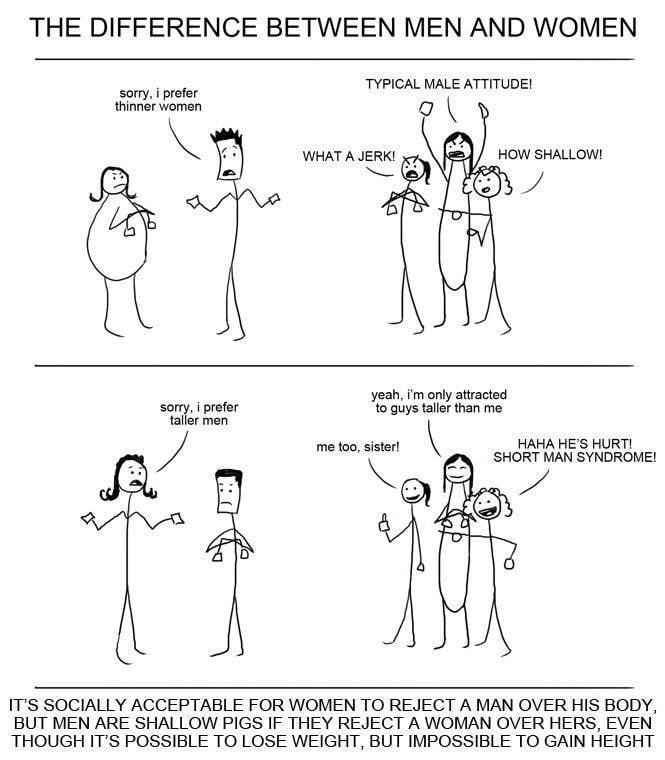 As the relationship grows, we develop trust and greater closeness. Instead of trying to change our partner, we accept him or her. We want to share more of our time and life together, including our problems and friends and family. Our lover’s needs, feelings, and happiness become important to us, and we think about planning a future together. When the passion is still there, we’re lucky to have both love and lust.
As the relationship grows, we develop trust and greater closeness. Instead of trying to change our partner, we accept him or her. We want to share more of our time and life together, including our problems and friends and family. Our lover’s needs, feelings, and happiness become important to us, and we think about planning a future together. When the passion is still there, we’re lucky to have both love and lust.
Love Plus Addiction
Love and an unhealthy attachment may coexist or be hard to differentiate. Because with addiction, we tend to idealize and often happily self-sacrifice for our partner. When differences and serious problems are largely ignored, minimized, or rationalized, we’re not really seeing or loving the whole person. Denial is a symptom of addiction and supports a compulsion to cling to the relationship. Facing the truth would create inner conflict about our fear of emptiness and loneliness, which underlie addiction. Similarly, when our emphasis is on how our partner makes us feel or how he or she feels about us, our “love” is based on a self-centered, codependent need.
Two Paths of Love
Healthy relationships and addictive ones have very different trajectories. Healthy partners don’t “fall in love;” they “grow in love.” They’re not as driven by overwhelming, unconscious fears and needs. Contrast the stages of addictive and healthy relationships:
Addictive Relationships
- Intense attraction – feel anxious
- Idealize each other, ignoring differences
- Fall “in love” and make commitments
- Get to know one another
- Become disappointed
- Cling to the fantasy of love
- Try to change our partner into our ideal
- Feel resentful and unloved
Healthy Relationships
- Attraction and friendship begin – feel comfortable
- Attraction grows as they know each other
- Acknowledge differences (or leave)
- Grow to love each other
- Make commitments
- Compromise needs
- Love and acceptance of each other deepens
- Feel supported and loved
Signs of Relationship Addiction
Addictive relationships may include sex addiction, and romance, relationship, and love addiction. Lust and love and love and addiction can overlap. When we heal, we can see whether love remains. We might even leave an unhealthy relationship and still love our ex. Meanwhile, some things are knowable:
Lust and love and love and addiction can overlap. When we heal, we can see whether love remains. We might even leave an unhealthy relationship and still love our ex. Meanwhile, some things are knowable:
- Love at first sight may be triggered by many things, but it’s not love, and may be a warning sign. It takes time to love someone.
- Having sex with strangers or frequent multiple partners is a sign of sexual addiction.
- Compulsive activity, whether sexual or romantic, that feels out-of-control, such as compulsive sex, stalking, spying, constant calling or texting is a sign of addiction.
- Ignoring your partner’s boundaries, and abusing, controlling or manipulating him or her (including people-pleasing or rescuing) are signs of addiction.
- Using sex or a relationship to cope with emptiness, depression, anger, shame, or anxiety is a sign of addiction.
- Using sex or romance to substitute for vulnerable, authentic intimacy is a symptom of addiction.
 (Love-bombing may contribute to this.)
(Love-bombing may contribute to this.) - Staying in a painful relationship out of fear of abandonment or loneliness is a sign of addiction, not love.
- Inability to commit to a relationship or staying involved with someone who is emotionally unavailable shows a fear of intimacy – a symptom of addiction.
- Trusting too much or too little are signs of addiction.
- Sacrificing your values or standards to be with someone is a sign of addiction.
Healing from Love Addiction
Sometimes abstinence from dating for a while can help break the cycle of obsessions and compulsions revolving around the other person. It’s very hard to abstain from compulsive, addictive behavior without support, because the unconscious forces driving us and the pain of abstinence are overwhelming. Support of a Twelve Step program is highly recommended, because abstinence is so difficult. If you continue to date, look out for signs of narcissism and emotional unavailability.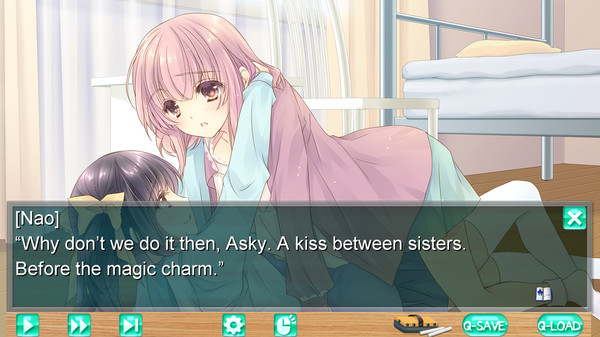 There is hope and a way out. Recovery includes:
There is hope and a way out. Recovery includes:
- Learn more about the symptoms of codependency
- Healing the shame and abandonment pain of your childhood
- Building your self-esteem
- Learning to be assertive
- Learning to honor and meet your needs and nurture yourself
- Risking being authentic about your feelings and needs
- Attend CoDA or SLAA (Sex & Love Addicts Anonymous)
- Psychotherapy will help heal deeper, causative issues from childhood.
©Darlene Lancer 2014
Author of Codependency for Dummies and Conquering Shame and Codependency: 8 Steps to Freeing the True You
Love or addiction: when does feeling hurt?
The development of emotional addiction is like falling into a black hole: you think that everything is in order, but you do not notice the moment when everything changes. Your life is filled with anxiety, irritation, painful fantasies. The world is distorted, and the interests of the beloved are at its center.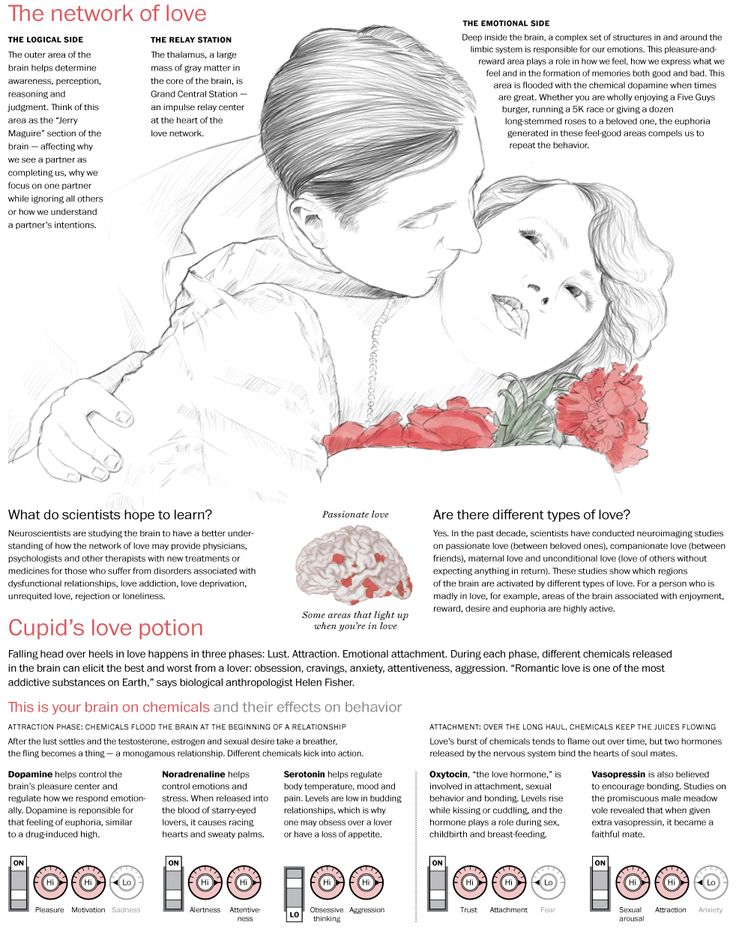 If a partner is prone to manipulation and psychological vampirism, such a relationship can turn into a disaster.
If a partner is prone to manipulation and psychological vampirism, such a relationship can turn into a disaster.
You feel that you cannot live without him/her
Addiction is the need for someone who we think can fill the void in our lives. When you feel that you are alone and you can rely only on yourself, someone will come and stretch the lifeline - someone who can listen, help, whom you can completely trust. But love is not a need.
Healthy mutual feeling is possible only between self-sufficient people. A person prone to addiction does not have a clear identification and personal boundaries: "I am me." Instead, he thinks, "I don't know who I am." His personality gets mixed up with the personalities of those he interacts with.
As a result, such a person becomes obsessed with the object of his immense love. This behavior is fueled by the illusion: "The closer I am to you, the clearer my identity." By firmly tying his "I" to the personality of another, the dependent person loses free will and the ability to exist separately.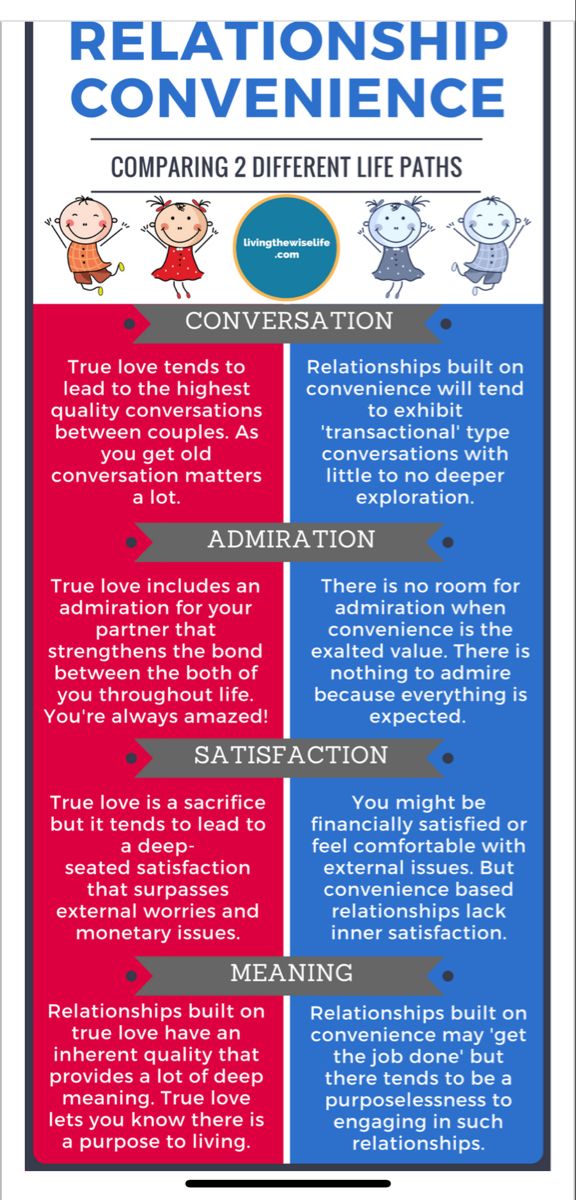
You want everything from him (her) at once
It seems to us that the object of our interest should embody everything that we expect from him. We throw on him the entire burden of our ideas about the ideal. These can be mutually exclusive requirements: for example, it is important for us that the other understands perfectly and respects our desires, but at the same time he can make all important decisions for us. Sooner or later, such an attitude will lead to disappointment and a desire to “correct” reality.
In any healthy relationship there is always a period of idealization. But when it passes, love remains (if it is). As the relationship develops, the trust between the partners grows and they become closer. Instead of trying to remake a partner if he does not satisfy our ideas about him in some way, we accept him.
Healthy and dependent relationships develop in different directions. In dependent relationships, we believe that "magic", "chemistry" will do the main work. In healthy people, we are constantly working, learning and getting to know our partner. And our love grows through trials.
In healthy people, we are constantly working, learning and getting to know our partner. And our love grows through trials.
You want your partner to belong only to you
Dependent relationships are often filled with jealousy. It arises from uncertainty and sometimes reaches the dimensions of clinical paranoia. An addicted person thoroughly studies the pages of his beloved on social networks, analyzes his every word and look, and can even arrange for him to be shadowed. And this despite the fact that he may not even suspect about it and not consider the relationship serious.
True intimacy presupposes calm trust. Of course, even good relationships are not free from doubts. But a trusting person first believes and only then suspects. He calmly accepts the fact that his partner is in contact with many different people, among whom there are very attractive personalities. If you need undivided control over your beloved, this is a sign that you are addicted and are afraid to break it.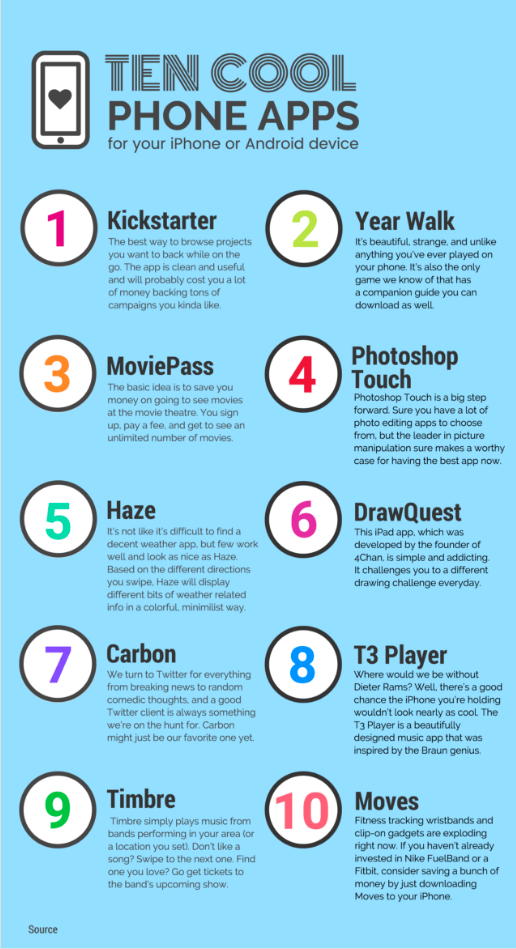
It seems to you that there is a mysterious connection between you
People around you may think that there is nothing in common between you, that your relationship is full of quarrels and resentments. But you refuse to believe: it seems to you that it is he who understands you like no one else. This is the work of the unconscious. It pushes us towards those in whom we see a reflection of our unconscious ideas about ourselves.
If you are stressed and feeling vulnerable, if you subconsciously feel that you need help, you will attract people who feel the same way. You will not be aware of the dangers because the situation itself will seem familiar. But this feeling is deceptive: such a relationship will only feed your vulnerabilities and strengthen neurotic traits.
About the Author: Darlene Lanser is a family therapist who specializes in working with co-dependent relationships.
Love or addiction?, what's the difference , |
Love or addiction?
Love addiction:
Do you come home after a date and immediately feel empty, anxious, bored and want to see you again right now? Do you want to be together forever? Only together can you feel calm and feel good? Are you more than anything afraid of losing a relationship, of being alone? Are you anxiously and with bated breath waiting for a response to a sent letter or SMS? You do not find a place for yourself when your beloved (beloved) does not pick up the phone or cannot talk to you? Having fallen in love, you drop all your affairs and are ready to run even to the ends of the world just to be together? Do these relationships repeat themselves over and over again? This is LOVE ADDICTION!
Love addiction is a very common problem, but it has a solution! If you are tired of suffering, stepping on the same rake, and are ready to start changing your life, I invite you to make an appointment with me. In the process of psychoanalytic psychotherapy, we will be able to figure out what is behind your love addiction, understand why you build your life this way, find the resources of your “I” and change it.
In the process of psychoanalytic psychotherapy, we will be able to figure out what is behind your love addiction, understand why you build your life this way, find the resources of your “I” and change it.
For my part, I am ready to offer you a helping hand and a reliable point of support so that you can learn to cope with the most difficult emotional states that control you. In addition to individual psychoanalytic therapy for love addiction, you can go to a client psychoanalytic group. Coming to the group, you will be able to form the ability to receive support not only from the leaders, but also from group members who experience similar states to one degree or another, and this is always very important on the way to overcome love addiction.
Case study: Love addiction is like looking for a mother.
Victoria, a 27-year-old girl, came to me for help with a love addiction problem. Despite her visual appeal and pleasant manner of communication, none of her relationships lasted more than three months.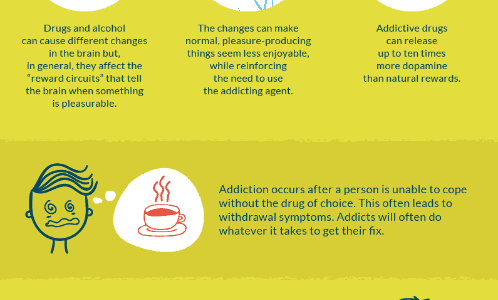 Everything developed according to the same scenario: Vika fell in love and won over men. As soon as they started dating and sexual relations began, she emotionally attached herself to the object of love, leaving no personal space for men. Constant desire to be together, endless resentment, anxiety and excitement, jealousy and suspicion. All this quickly destroyed relationships and led to the fact that men simply disappeared from her life, sometimes without even writing a farewell SMS. After the breakup, Vika fell into depression. She was pulled out of depression by a friend with whom she rented an apartment. Despite the fact that the apartment was two-room, she lived with a friend in one room, and the second room was empty. As it turned out later, behind this was a strong fear of loneliness, coming from childhood.
Everything developed according to the same scenario: Vika fell in love and won over men. As soon as they started dating and sexual relations began, she emotionally attached herself to the object of love, leaving no personal space for men. Constant desire to be together, endless resentment, anxiety and excitement, jealousy and suspicion. All this quickly destroyed relationships and led to the fact that men simply disappeared from her life, sometimes without even writing a farewell SMS. After the breakup, Vika fell into depression. She was pulled out of depression by a friend with whom she rented an apartment. Despite the fact that the apartment was two-room, she lived with a friend in one room, and the second room was empty. As it turned out later, behind this was a strong fear of loneliness, coming from childhood.
Victoria, a 27-year-old young woman, came to me for help with a love addiction problem. Despite her visual appeal and pleasant manner of communication, none of her relationships lasted more than three months.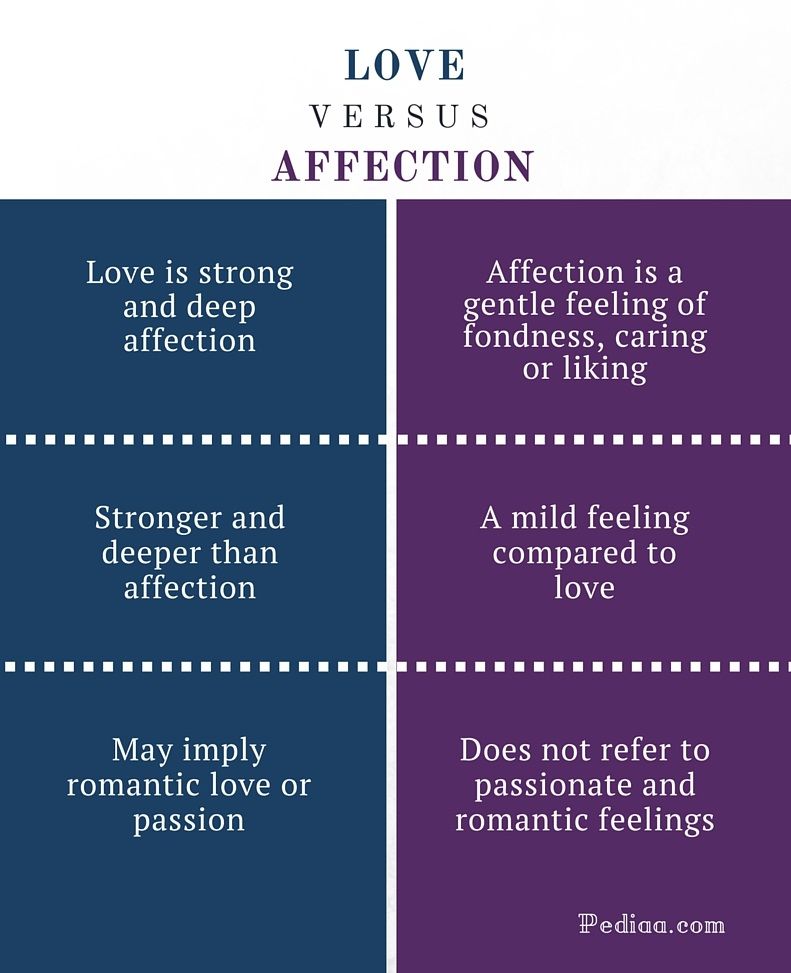 Everything developed according to the same scenario: Vika fell in love and won over men. As soon as they started dating and sexual relations began, she emotionally attached herself to the object of love, leaving no personal space for men. Constant desire to be together, endless resentment, anxiety and excitement, jealousy and suspicion. All this quickly destroyed relationships and led to the fact that men simply disappeared from her life, sometimes without even writing a farewell SMS. After the breakup, Vika fell into depression. She was pulled out of depression by a friend with whom she rented an apartment. Despite the fact that the apartment was two-room, she lived with a friend in one room, and the second room was empty. As it turned out later, behind this was a strong fear of loneliness, coming from childhood.
Everything developed according to the same scenario: Vika fell in love and won over men. As soon as they started dating and sexual relations began, she emotionally attached herself to the object of love, leaving no personal space for men. Constant desire to be together, endless resentment, anxiety and excitement, jealousy and suspicion. All this quickly destroyed relationships and led to the fact that men simply disappeared from her life, sometimes without even writing a farewell SMS. After the breakup, Vika fell into depression. She was pulled out of depression by a friend with whom she rented an apartment. Despite the fact that the apartment was two-room, she lived with a friend in one room, and the second room was empty. As it turned out later, behind this was a strong fear of loneliness, coming from childhood.
During psychotherapy, Victoria was able to tell a story about an emotionally cold and detached mother who often left her at home alone in the evenings, going to visit her friends.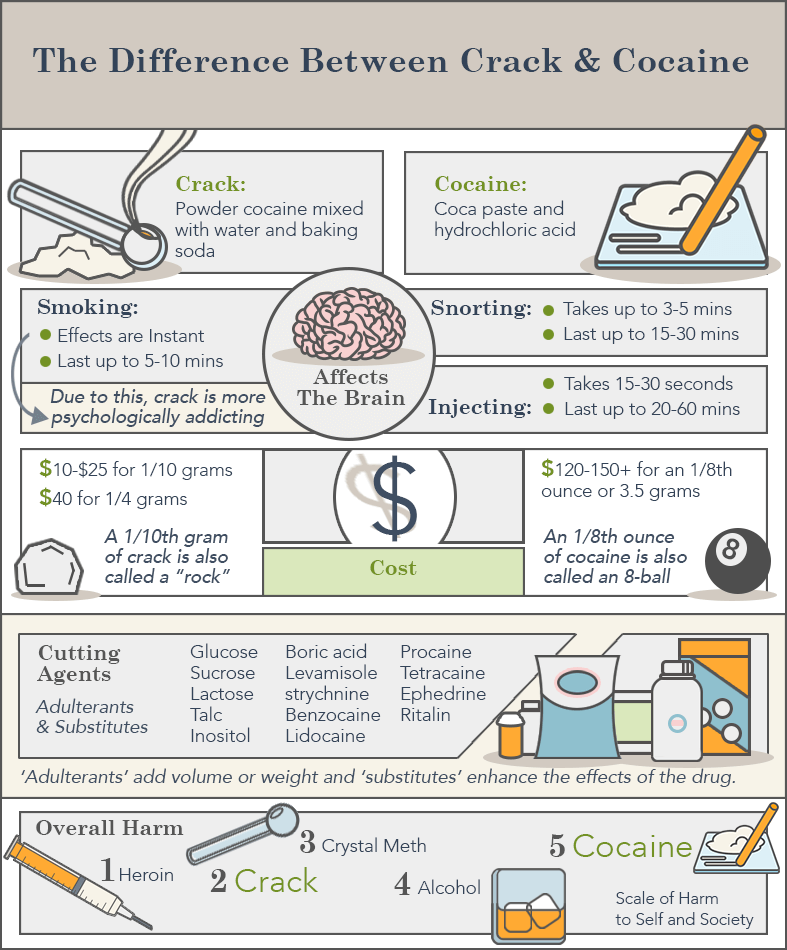 Before us opened a picture of a small, unhappy, panicky afraid of loneliness, a girl looking for warmth and love from an inaccessible and cold mother.
Before us opened a picture of a small, unhappy, panicky afraid of loneliness, a girl looking for warmth and love from an inaccessible and cold mother.
When Vika realized this, she began to choose weaker and more dependent men in her relationships. She kept them at a distance, now bringing them closer, now moving away from her, often disappeared with her friend and left them. In fact, it was acting out their childish position. She placed her unhappy childish part in men, while she herself played the role of a cold, arrogant and distant mother. When, in the course of further analysis, she was able to become aware of her acting out and understand that this only temporarily helps to drown out the pain of loneliness, Vika was able to force herself to work on the topics of loneliness, self-esteem, resentment towards her mother and restore the resources of her own “I”. Over time, Vika began to form her personal space, not get involved in dependent relationships, write a diary, live in a separate room, and then generally moved out from her friend, taking an apartment on a mortgage.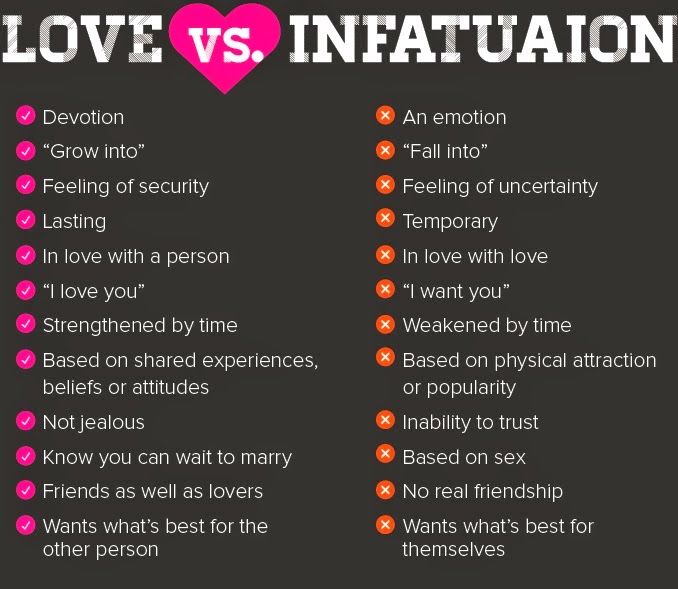 Gradually, the result of therapy was that Vika was able to spend time alone, occupying herself, or simply reflecting on her life. When Vika was able to arrange her space, to understand what kind of relationship she still needed, she had a man with whom she first began to be friends, and then to meet (before, Vika tried to immediately start living with a man, without understanding how much he likes and suits her) - and it was already a stable relationship without anxiety, fear of loss, obsession and love addiction.
Gradually, the result of therapy was that Vika was able to spend time alone, occupying herself, or simply reflecting on her life. When Vika was able to arrange her space, to understand what kind of relationship she still needed, she had a man with whom she first began to be friends, and then to meet (before, Vika tried to immediately start living with a man, without understanding how much he likes and suits her) - and it was already a stable relationship without anxiety, fear of loss, obsession and love addiction.
Read more
Do you have a love addiction? Call! 8-926-256-20-78 . Appointment appointment from 10.00 to 23.00 daily.
Make an appointment with Dmitry Basov in Moscow - ON-Line
The cost of consultation and the address of the appointment are indicated in the section: Contacts
If necessary, psychotherapy via Skype is possible.
How to distinguish love from love addiction?
Now this is a very topical question that both women and men ask themselves.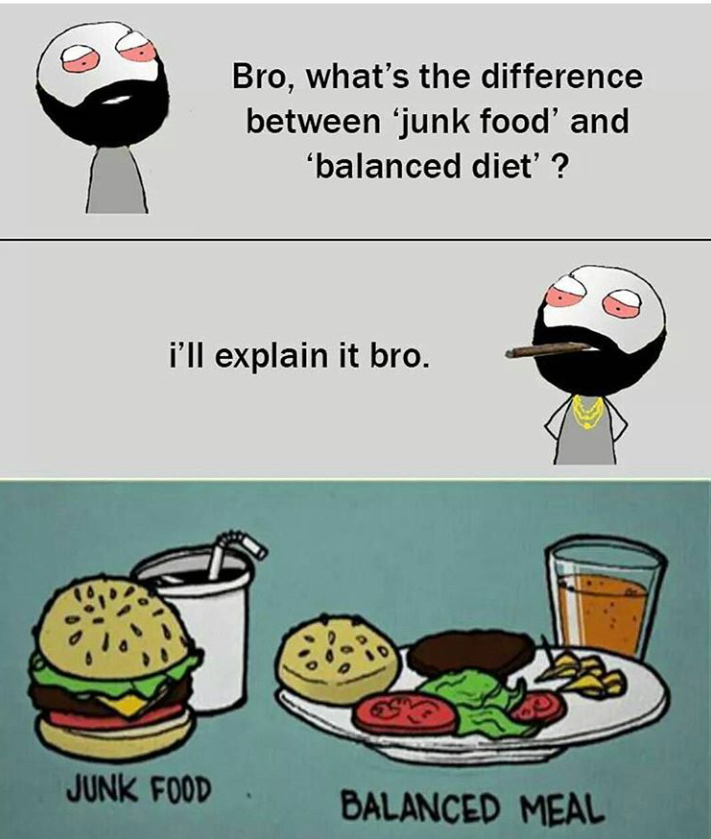 If earlier long-term love addiction was mainly inherent in women, then recently more and more men seek psychological help with such a problem. These are the trends of our time. How often do you hear such phrases: “I can’t live without him/her”, “when he/she is not around, I can’t find a place for myself”. Looking at it from the outside, a simple layman could say that this is “great love”, although on closer examination this turns out to be the first manifestations of love addiction. So what is love addiction, and how does it manifest itself?
If earlier long-term love addiction was mainly inherent in women, then recently more and more men seek psychological help with such a problem. These are the trends of our time. How often do you hear such phrases: “I can’t live without him/her”, “when he/she is not around, I can’t find a place for myself”. Looking at it from the outside, a simple layman could say that this is “great love”, although on closer examination this turns out to be the first manifestations of love addiction. So what is love addiction, and how does it manifest itself?
Love addiction is an emotional state that mostly consists of suffering, great fear of losing a partner, feeling weak, small, lonely and lost without him. This is expressed in a constant desire to control a partner, and from here strong jealousy develops. Often, on a conscious level, a person sees all the shortcomings of his partner, but still continues to desperately need him.
Another characteristic feature of love addiction is the desire to dissolve in a partner, to merge with him, to live his life and his interests. At the same time, their own desires and interests fade into the background or disappear: "I'm not interested in anything but him."
At the same time, their own desires and interests fade into the background or disappear: "I'm not interested in anything but him."
As a rule, from a psychological point of view, low self-esteem, self-doubt and fear of loneliness are behind love addiction. The differences between love and love addiction are especially pronounced in a situation of breakup. With love addiction, a person experiences ambivalent (contradictory) feelings, in which there is a lot of jealousy and even hatred. If, with love addiction, you ask a person a question: “Would it be easier for you if your partner had not left you, but died?” - with sufficient frankness, we will get an unequivocal answer: "Yes."
Is this possible in love? Of course not! When a person we love leaves us, it is painful and difficult, but jealousy and hatred do not arise. “True love lets go” (B. Hellinger). This release is accompanied by sadness and longing, but warm feelings and love remain for the partner. A loving person says: "I wish happiness to the one I love, and if he is better with someone else than with me, I let him go.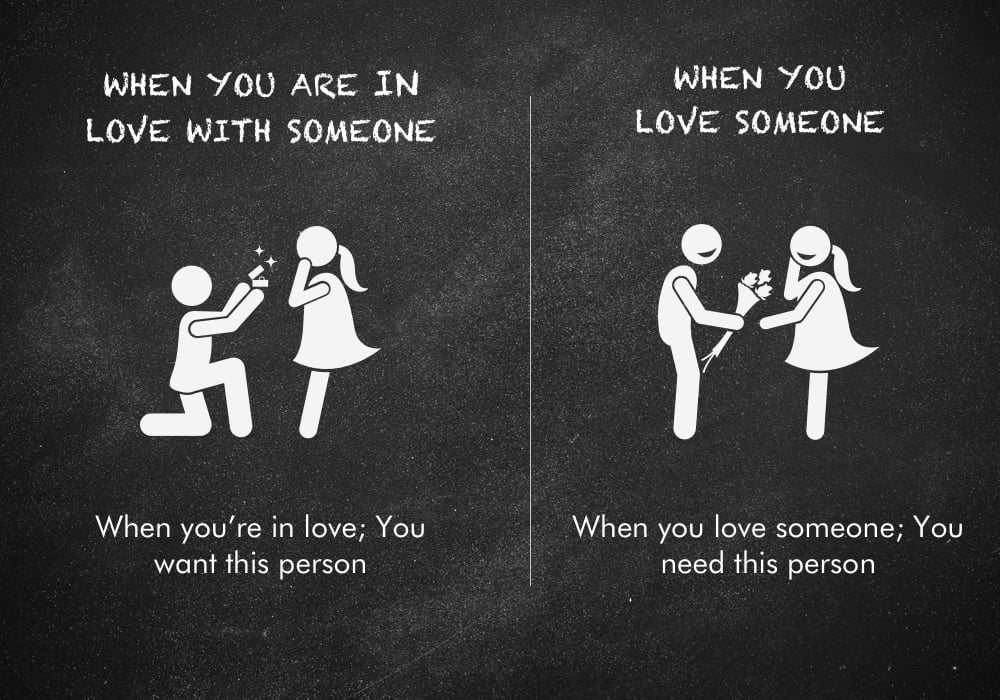 " The famous psychologist and psychotherapist Erich Fromm in his book The Art of Loving defined love: “Love is an active interest in the life and development of the object of love.” This definition helps us to see how love is manifested in a relationship.
" The famous psychologist and psychotherapist Erich Fromm in his book The Art of Loving defined love: “Love is an active interest in the life and development of the object of love.” This definition helps us to see how love is manifested in a relationship.
In love, unlike love addiction, each partner feels and realizes his individuality, each sees and takes into account the interests of the other and preserves his space and his interests. In love, we accept our partner with all his characteristics and do not seek to remake him. In love addiction, we love not a real person, but a fantasy image, which, as a rule, reminds us of someone from childhood. Love addiction is built on the mechanisms of psychological projections: “if I came up with you, become the way I want!” Dependent relationships are characterized by constant claims to each other and the desire to remake your partner for yourself so that he meets your expectations. If we talk about love addiction, then partners are in a relationship because they feel bad without each other, if about love, then people tend to be together because they feel good together, but at the same time they calmly experience separation and loneliness.